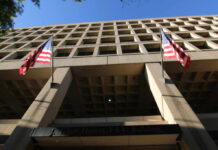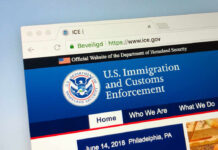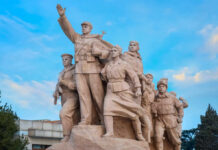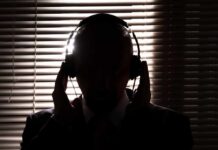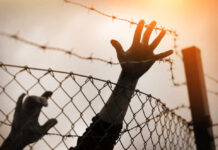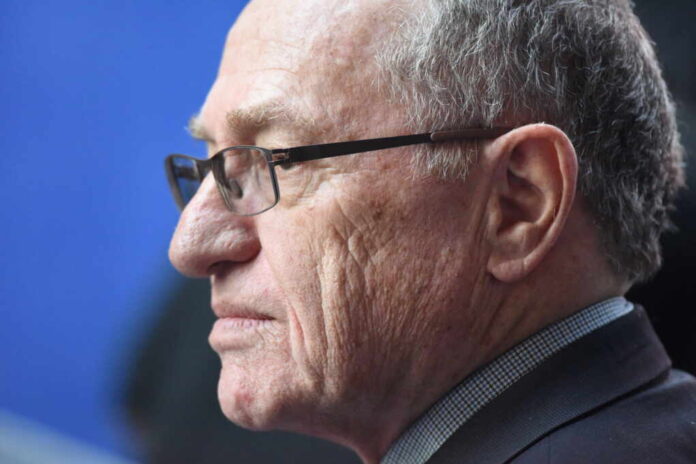
Renowned legal scholar Alan Dershowitz warns that rising anti-Semitic violence could lead the Supreme Court to prioritize security over First Amendment freedoms, potentially reshaping free speech protections that Americans have long taken for granted.
At a Glance
- Dershowitz predicts the Supreme Court may revisit the Brandenburg v. Ohio case that currently provides broad protection for inflammatory speech
- Recent violent attacks against Jews, including incidents in Boulder and Washington D.C., may accelerate reconsideration of incitement laws
- While concerned about the trend, Dershowitz argues against restricting free speech, instead advocating for alternative security measures
- Glenn Beck and Dershowitz both worry that major violent events could lead to widespread acceptance of censorship
Supreme Court May Shift Toward Security
Harvard law professor emeritus Alan Dershowitz is sounding the alarm that the Supreme Court may soon reconsider longstanding free speech protections in response to escalating political violence and anti-Semitic threats. Speaking with conservative commentator Glenn Beck, Dershowitz explained that current legal standards established by the landmark Brandenburg v. Ohio case may be inadequate in today’s environment, where inflammatory rhetoric can rapidly escalate to violence.
“My prediction is that over the next few years, the Supreme Court will revisit the Brandenburg case and ask itself whether or not we go too far in protecting speech that incites and encourages violence,” Dershowitz stated in his analysis of potential jurisprudential shifts.
Harvard’s House of Horrors: A Woke Money Pit Masquerading as Education
Harvard University, once a beacon of intellectual rigor, has devolved into a bloated, woke hellhole, gorging on a $53 billion endowment it doesn’t deserve while milking foreign students for cash like a… pic.twitter.com/KNurY1zxSx
— Raymond Ng (@rayngls) May 28, 2025
Rising Violence Against Jewish Americans
Recent incidents of violence have highlighted the concerns Dershowitz raises. In Boulder, Colorado, an illegal migrant attacked a pro-Israel rally with a flamethrower and Molotov cocktails. This attack followed a shooting near the Capital Jewish Museum in Washington, D.C., where two Israeli embassy employees were killed. These incidents are part of a disturbing pattern that has emerged since the Israel-Hamas conflict escalated following Hamas’ October 7, 2023 attack on southern Israel.
Dershowitz notes that chants like “Globalize the Intifada” and “Palestine will be free from the river to the sea” are calls for violence that are currently protected speech under Brandenburg. He believes the Supreme Court may soon allow juries to consider more indirect forms of incitement, potentially limiting speech that could lead to violence against specific groups.
Balancing Security and Liberty
Despite identifying this concerning trend, Dershowitz firmly opposes restricting free speech rights. In his book “The Preventive State,” he advocates for constitutional approaches to preventing violence without compromising fundamental liberties. He discusses the potential of using advanced technology and AI for tracking individuals who might pose threats, while maintaining constitutional boundaries.
Dershowitz draws parallels to historical overreactions like the internment of Japanese-Americans during World War II, warning that government responses to security threats often overreach. “This is not a trend I approve of, but it’s a trend I see coming,” he cautioned, emphasizing that his analysis is based on objective legal assessment rather than personal preference.
The Threat to Academic Freedom
Dershowitz also criticized Harvard University for lowering academic standards and becoming politically biased through DEI initiatives and intersectionality theories. He supports targeted defunding of certain Harvard programs that he views as non-academic and politically driven, while emphasizing the importance of teaching students how to think rather than what to think.
Both Dershowitz and Beck expressed deep concern that major violent events could lead Americans to accept widespread censorship out of fear, potentially sacrificing foundational constitutional rights that have defined American liberty for generations. Their warning serves as a reminder that preserving free speech requires vigilance, especially during times of heightened security concerns.




